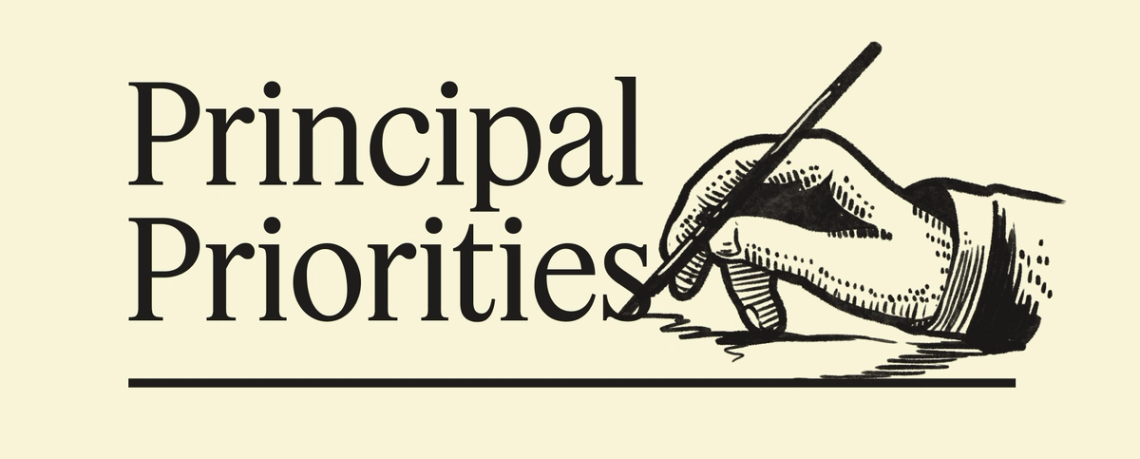 Reuters/Julia Nikhinson Reuters/Julia NikhinsonTHE NEWS Led by Speaker Kevin McCarthy, House Republicans passed their party-line debt limit plan in a 217-215 vote on Wednesday, squeaking by with four defections from their right-flank past unanimous Democratic opposition. So what now? Republicans hope that by muscling through their own legislation, they can put pressure on President Joe Biden to sit down and negotiate a deal to lift the borrowing limit that includes significant concessions on spending and other conservative priorities. But Biden maintains he won’t haggle with McCarthy over the debt limit. “I’m happy to meet with McCarthy, but not on whether or not the debt limit gets extended,” he said Wednesday. “That’s not negotiable.” JOSEPH’S VIEW I wouldn’t take the White House’s public refusals too literally. With the so-called X-date for default potentially creeping up on Washington as soon as early June, the stage seems set for a two-track negotiation that gives both Republicans and Democrats a feasible off-ramp to prevent economic catastrophe while still saving face. Yes, Democrats insist they will never negotiate over the debt ceiling, arguing Republicans should raise it without conditions as they did three times under the Trump administration. They still feel burned by how the GOP leveraged the borrowing limit to extract cuts during Barack Obama’s presidency and many believe that even coming to the negotiating table would amount to giving into hostage tactics. But the White House has also made it clear that while they don’t want to talk about the debt ceiling with Republicans, they’re happy to discuss an annual budget deal. “It’s the regular order of business to pass a budget,” a White House official told Semafor. “We’ll have a conversation with Congressional leadership that includes McCarthy, McConnell, Schumer, and Jeffries. There are different ways forward for that.” It’s not quite a wink and a nudge — but the path forward does seem to be budget talks that, you know, just might happen to unlock a debt ceiling hike on the side. Biden is already facing calls to engage from some members of his own party, including moderate members of the House Problem Solvers Caucus and West Virginia Sen. Joe Manchin. There’s also pressure from the business community. “With Democrats and Republicans agreeing default is not an option, now is the time for them to come together to find a solution that can pass the House and Senate,” Business Roundtable CEO Joshua Bolten said in a statement following passage of the GOP debt limit bill. Jim Manley, a former Senate Democratic leadership aide, told Semafor he thought there would be even more “pressure on the administration to sit down and finally talk to these guys” now that Republicans had moved their own bill through the house. KNOW MORE Some Republicans already seem to be acknowledging that it’s unlikely a final debt ceiling deal would look remotely similar to the legislation their party just passed, which among other things would slash discretionary spending, repeal most of Biden’s signature climate program, and put new work requirements on safety net programs. Nebraska Rep. Don Bacon told reporters he thought it would be possible to craft legislation that passed without hard right Republicans. “We may lose some folks on the ends, but if the president negotiates in good faith I think we can get a bipartisan bill,” he said. At the same time, some Democrats are still skeptical that McCarthy is a viable negotiating partner. Yes, he passed a bill, they say, but only by caving to demands from his conference’s fringe. Some are publicly hoping that Minority Leader Mitch McConnell will step in to negotiations, as a sort of adult in the room. “I think there’s a role for a bipartisan resolution of this in the Senate,” Senate Budget Chair Sheldon Whitehouse told Semafor. “And bipartisan resolutions in the Senate require the participation of the Republican leader.” For now, McConnell is emphasizing that he’s not interested in sidestepping McCarthy and starting talks with the White House on the debt limit. “The agreement needs to be reached between the speaker and the president,” he told reporters Wednesday. But the bigger point is that, even high-ranking Dems like Whitehouse are acknowledging that it’s time for someone to negotiate. ROOM FOR DISAGREEMENT Senate Majority Leader Chuck Schumer, who’s been one of the Democrats most vocally opposed to negotiating on the debt ceiling, still doesn’t sound interested in any bargaining sessions. “The GOP’s Default on America Act does not bring us any closer to avoiding the first-ever default,” he said in floor remarks Wednesday. “In fact, it only brings us dangerously close to default.” | 






